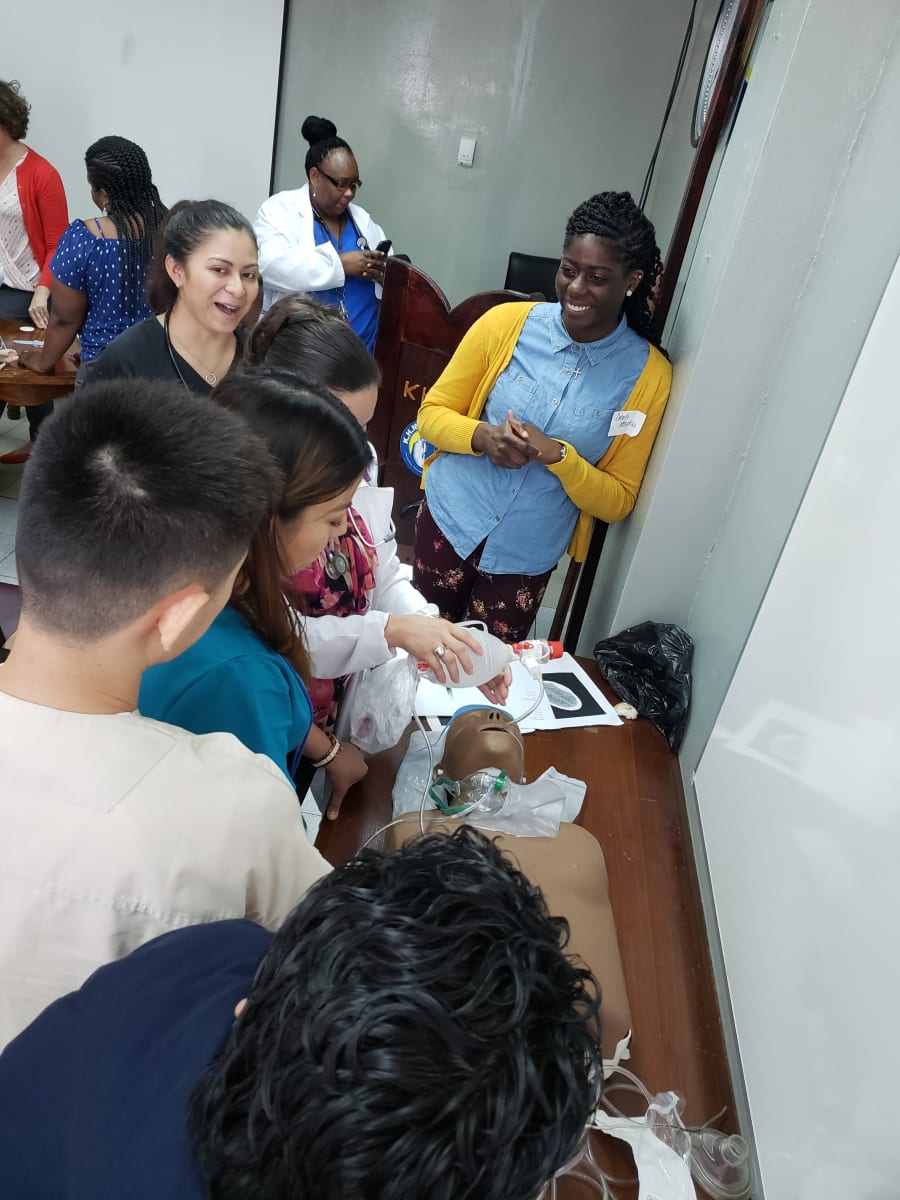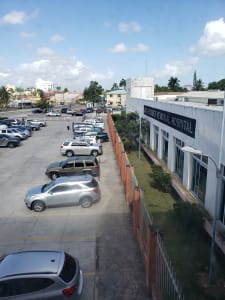The primary aim of this project is to improve pediatric emergency care throughout Belize using an established pediatric triage train-the trainer program. We have created a two-year Pediatric Emergency Medicine (PEM) curriculum for non-specialty trained medical providers who provide care for pediatric emergencies in the clinic, emergency, and hospital settings. Our training is based at Karl Heusner Memorial Hospital, the largest government referral hospital in Belize, and includes medical providers from around the country. This specific trip will be part of an ongoing aim to implement an established PEM curricula over two years to a multi-disciplinary team. Our aim is to improve the quality of care of pediatric emergencies throughout the country, including overall mortality and reducing hospital admission, transfer, and complication rates.
Belize is uniquely positioned between the Caribbean and Central America, and has a stable government and economy. However, given its size, it lacks medical training and does not have a medical school or specialty training aside from a nursing school, reflected in elevated infant and under-5 mortality rates (1.4% and 1.7%, respectively). One of the ongoing challenges identified in the UN's Millennium Development Goals Report for Belize is the continuing need for capacity building in the health care system, including increasing the quality of health care providers. Karl Heusner Memorial Hospital Authority (KHMHA) is a government-sponsored hospital in Belize City that serves as the district hospital as well as the national referral center. Emergency care is provided through the Accident & Emergency Department with an annual volume of 25,000 visits/year. Our target audience for this novel PEM curriculum approach is non-specialty trained medical providers in the clinic, emergency, and hospital settings, which we hope to demonstrate results in improved health outcomes from the pre-hospital setting through definitive treatment.
Utilizing existing partnerships among Texas Children's Hospital/Baylor College of Medicine, KHMHA, the Belize Ministry of Health, and the Pan American Health Organization, we will expand on the priorities identified by relevant stakeholders in our ongoing PEM curriculum roll-out. This initiative is the first of its kind in-country and will establish TCH/BCM at the forefront of future capacity building and distribution of this mobile, modular curriculum to other developing countries throughout the world.






We provided the last session of a Pediatric Emergency Medicine curriculum to Belizean healthcare providers. This session included training in the approach to pediatric trauma, head and neck injury, and review of primary and secondary survey. Pictured are our interactive didactic sessions with simulated pediatric trauma cases. The providers were a very bright, very adept group of motivated individuals that will disseminate the information covered in these sessions to their local health clinics or regional hospitals.